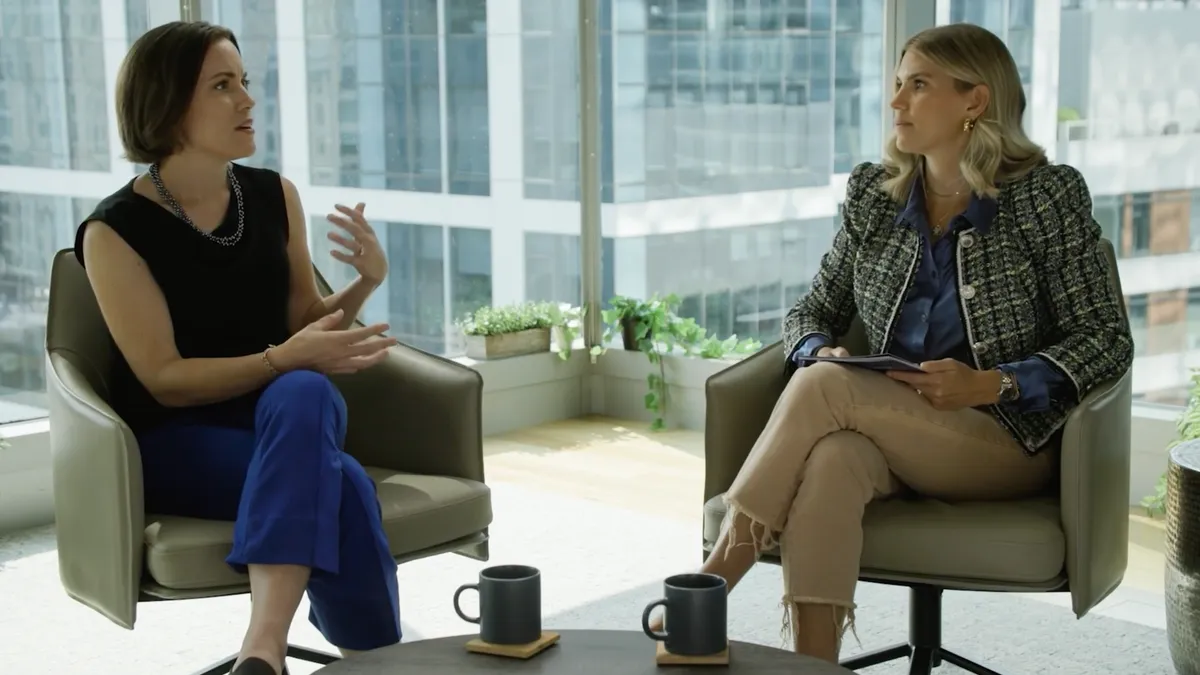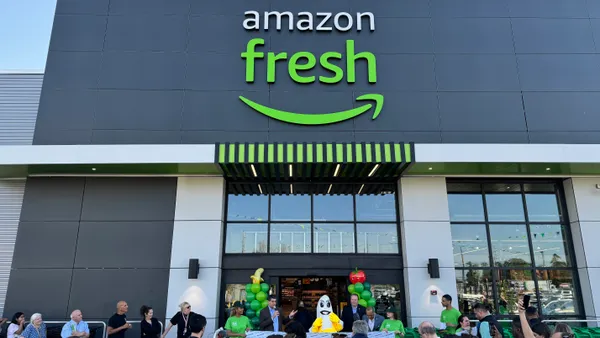Working parents still aren’t bringing their full selves to work: They’re “secret parenting” and feel unable to talk about some of the mental load they’re carrying, according to panelists at Modern Health’s Elevate conference, held virtually Oct. 4.
But employers can help, according to CEO of ParentData Emily Oster and CEO of Modern Health Alyson Watson.
There are the obvious supports. Every parent should have 16 weeks of paid leave, Oster asserted, although she suggested the federal government should be picking up the slack on that particular benefit. Lactating parents also have the protections afforded by the PUMP Act, which requires that employers provide time and a private place to pump breast milk.
But such benefits don’t really capture the everyday stressors and “mental load” — to borrow a phrase from Watson — of parenting on workers.
“Once you give someone four months of paid maternity leave, then they’re just right back in it,” Oster said. “It’s just exactly the same.” Workers come back to their job as it was, with the same load of responsibilities, the same hours, the same expectations — and a new little life to balance on the side.
For most parents, particularly mothers, the choice is all or nothing: Return to your 40-hour-a-week career or quit. Many people would prefer a different arrangement entirely, Oster noted; “I think many women would … welcome the opportunity to kind of pull back a little bit in the first three or four years of their kids’ lives.”
As an economist, Oster drew on the concept of extensive vs. intensive margin — i.e. whether people work at all vs. how much they work. “You could adjust your work hours by quitting or not quitting, right? That’s the extensive margin,” Oster said. “Then there’s adjustment on the intensive margin. There’s saying, ‘Look, I want to be at 20 hours a week for the next year, for the next two years. And I want to stay engaged. I want to stay invested. I want to keep the training going, but I can’t work 60 hours a week, I can’t work 40 hours a week, because of this season of life.’”
“I wish that there was more of a push to understand that attempted adjustment,” Oster said.
Why aren’t employers and workers having this conversation? Oster attributed this in part to what she calls “the plague of secret parenting,” or the tendency to hide one’s child care obligations out of a fear of appearing less serious as a worker.
“I think this is where people in leadership — and it has to also be men […] — have to be able to say, you know, ‘I care about being there for my kids’ soccer games or their doctors’ [appointments],’ whatever it is,” Oster said. People are not automatons, and they don’t need to act like they are, she added.
People are also uncomfortable discussing many of the physical aspects of childbirth and child-rearing that linger after parental leave and may interfere with daily life, from breastfeeding to pelvic issues. “Having a work environment … where people feel comfortable bringing [up] that experience to the extent that it's important for other people to know — I think that’s just really important,” Oster said.
Watson brought up her own experience of postpartum depression, and the way that privacy around parenting can corrode new parents’ mental health. She pointed to the lack of external focus on whether the mother is OK, physically and emotionally. “These things … make a big impact on women and their mental health,” Watson said.
While cultural change and widespread part-time options may take time, employers can make an immediate difference through flexible leave time, Oster said — both through flexible hours during the day for obligations like doctor’s appointments and flexibility to take days off when child care solutions fall through.
“There’s going to be a point at which that person is going to start really leaning in, coming everyday,” Oster said. “They’re not going to need this anymore. They’re going to be killing it. How can we get people through that period in a way that they feel like they’re achieving all the stuff they want in their life? If we could do that, that’d be great.”













